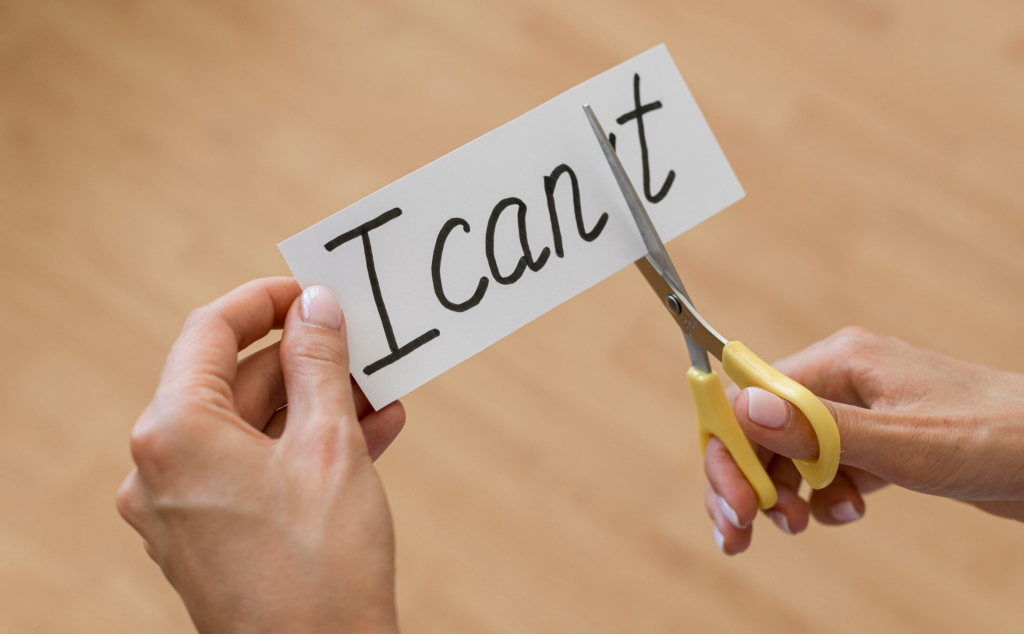In a culture obsessed with productivity hacks, side hustles, and “crushing it” every hour of the day, the idea of doing absolutely nothing can feel… almost rebellious.
But here’s the truth: doing nothing is not a waste of time. In fact, it might be the most underrated act of self-preservation and creativity enhancement in our fast-paced, always-on society.
This article explores the modern case for intentional idleness—why stepping off the hamster wheel on purpose is not lazy, but liberating. Backed by neuroscience, ancient wisdom, and modern psychology, you’ll discover why nothing might be exactly what you need.

We’re Addicted to Doing
Our modern society places a premium on “being busy.” Think about it:
- People brag about back-to-back meetings like a badge of honor.
- Guilt creeps in when we rest without a to-do list in sight.
- Even leisure time is crammed with activities, check-ins, and notifications.
But underneath this glorified busyness lies chronic burnout, decision fatigue, and a loss of creativity.
“The art of doing nothing is the art of letting the mind rest, to let go of structure so it can roam, explore, and reset.”
— Pico Iyer, author of The Art of Stillness
The Science Behind Doing Absolutely Nothing!
1. Your Brain Needs Downtime
According to neuroscientists, the brain’s default mode network (DMN) activates when you’re not actively focused on a task. It’s when your mind:
- Reflects on past experiences
- Processes emotions
- Makes subconscious connections
- Sparks creativity and problem-solving
Translation? Doing nothing is when deep thinking happens.
🧠 Reference: A 2022 study published in Nature Reviews Neuroscience emphasized the importance of rest periods in memory consolidation and creative cognition.
2. Doing Nothing Reduces Stress
Psychologist Dr. Sandi Mann, author of The Science of Boredom, found that boredom (or idleness) reduces cortisol levels and allows emotional recovery. When we step away from stimulation, we give our nervous system time to reset.
It’s not unlike what meditation does—but with less effort.
3. It Fosters Creativity
Many great thinkers swore by intentional idleness:
- J.K. Rowling said the idea for Harry Potter came while she was daydreaming on a train.
- Steve Jobs credited boredom and long walks as essential to innovation.
- Einstein called “combinatory play”—mentally noodling on things without structure—crucial to his breakthroughs.
Doing nothing isn’t a break from creativity—it’s fertile ground for it.
The Difference Between Idleness and Mindless Consumption
Let’s be clear: doomscrolling isn’t doing nothing.
Neither is binge-watching four hours of reality TV out of boredom.
Intentional idleness means:
- You’re not working
- You’re not distracting yourself with content
- You’re simply being
This could look like:
- Sitting in silence with a cup of tea
- Watching the clouds
- Taking a slow walk without music or podcasts
- Lying on the couch without guilt or screens
It’s the difference between escape and presence.
How to Practice Intentional Idleness
Not sure how to do nothing without losing your mind? Start small.
1. Schedule Micro Moments
- Block 5–10 minutes in your day where you’re unreachable
- Sit somewhere quiet. No agenda. No input.
- Let thoughts come and go without judgment
2. Try “Idle Time” Outdoors
- Sit in a park with no book, no phone, no headphones
- Observe your surroundings—just breathe, notice, and be
3. Do a “Zero Day”
- One day a month with no obligations
- No productivity, no chores, no errands unless they bring genuine joy
- It’s your day to exist
4. Adopt the Dutch Concept of Niksen
The Dutch word “niksen” literally means doing nothing—a practice of deliberate inactivity to recharge.
“Niksen is not meditation. It’s not mindfulness. It’s doing nothing in the moment, with no goal.”
— Carolien Janssen, author of Niksen: Embracing the Dutch Art of Doing Nothing
Breaking the Guilt Loop
You might feel guilty at first. That’s normal. Most of us were conditioned to equate stillness with laziness.
But here’s a reframing:
- You are not a machine.
- You are not here only to produce.
- Rest is not a reward—it’s a right.
In fact, doing nothing can be radically productive in the long run. It:
- Prevents burnout
- Enhances long-term focus
- Improves decision-making
- Boosts emotional resilience
Final Thoughts: Stillness Is Power, Doing Absolutely Nothing
In a world obsessed with doing more, doing nothing is a bold statement. It’s a declaration that your worth isn’t tied to output, performance, or hustle.
So, the next time you’re tempted to fill every gap in your schedule, consider this:
✨ What if the most important thing you can do… is nothing at all?






